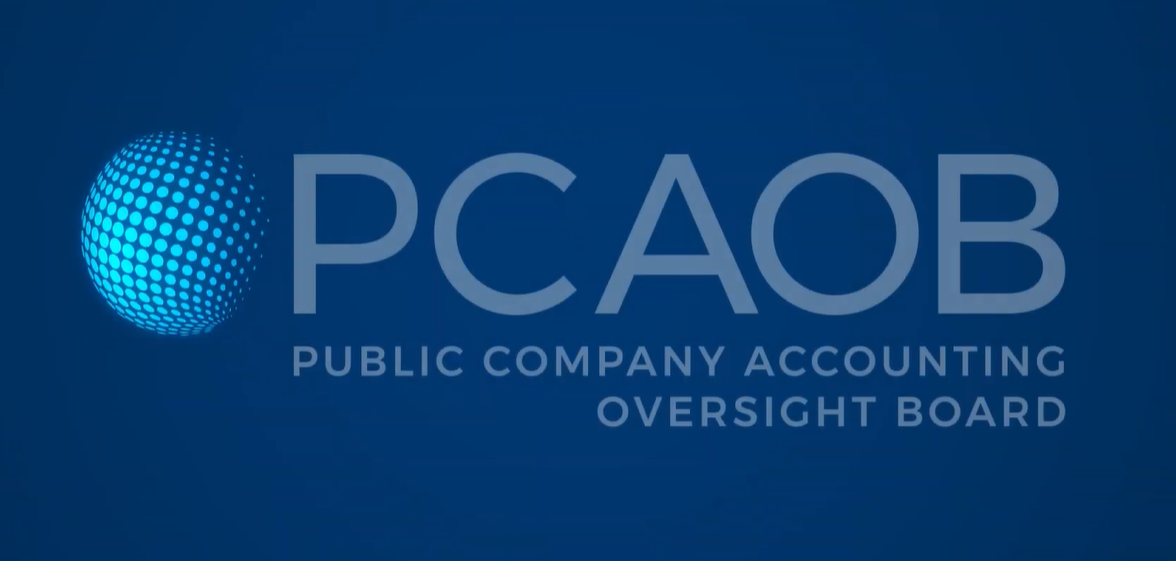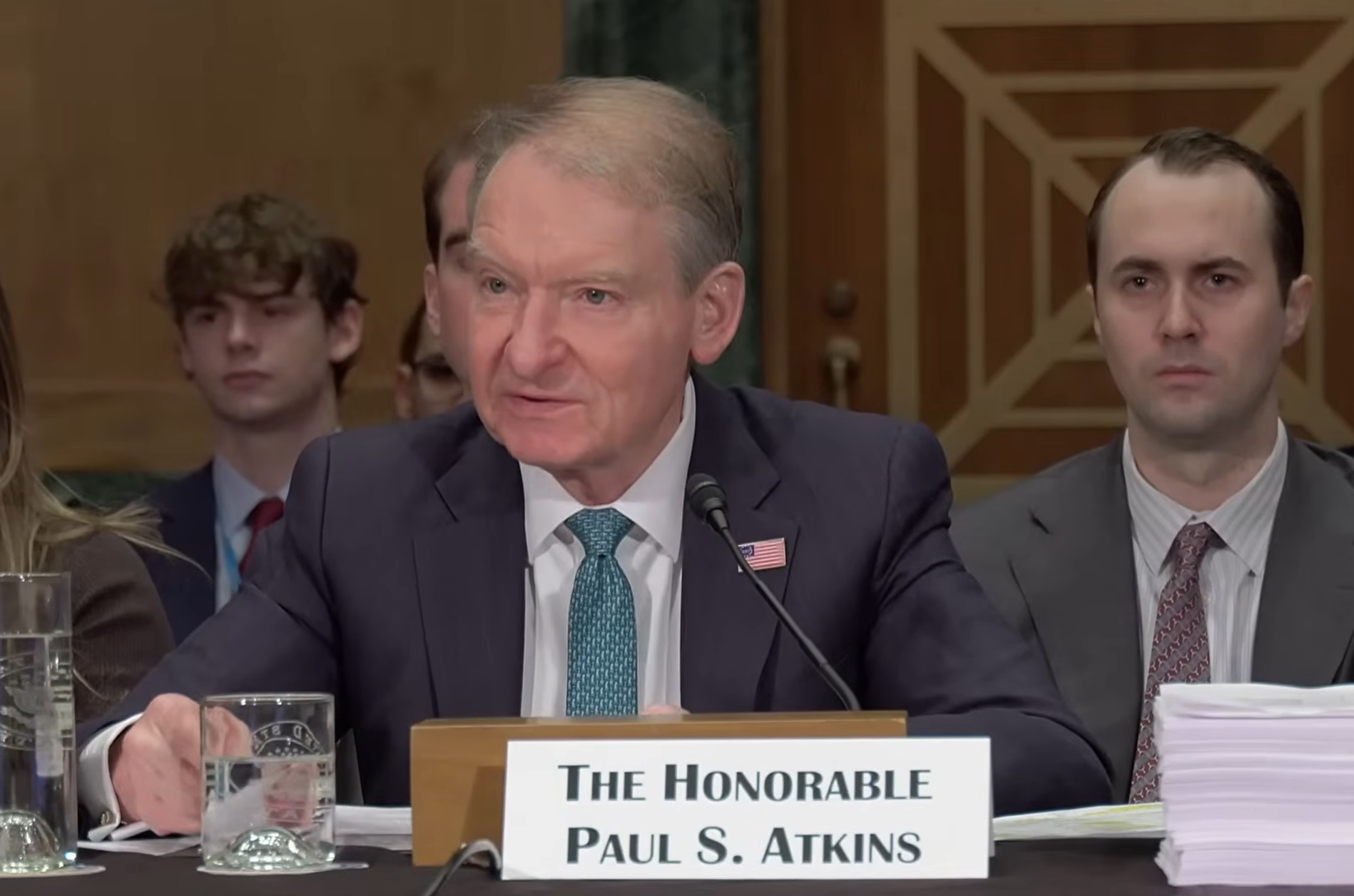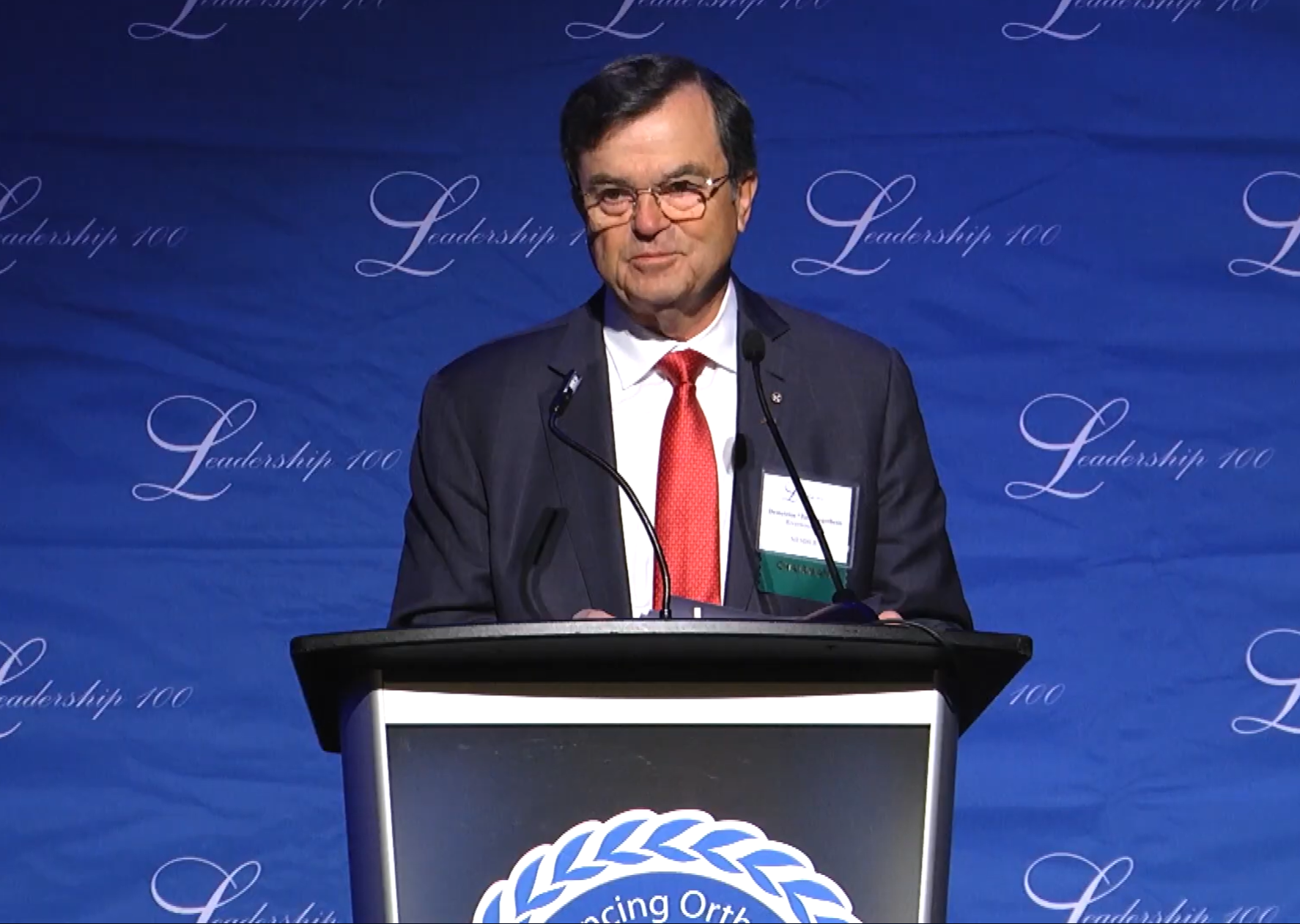The PCAOB on Tuesday introduced a proposal amending current PCAOB auditing standards related to the auditor’s responsibility to detect noncompliance with laws and regulations, including fraud, in the audit of a public company.

If the proposed changes are approved, they would strengthen auditor requirements to identify, evaluate, and communicate to management and the audit committee possible or actual noncompliance with laws and regulations, thereby enhancing investor protection, the PCAOB said.
The audit regulator wants to make amendments to AS 2405, Illegal Acts by Clients, and rename it AS 2405, A Company’s Noncompliance with Laws and Regulations.
In a statement during yesterday’s meeting, PCAOB Chair Erica Williams said:
A company’s noncompliance with laws and regulations, including fraud, can have devastating consequences for investors. When sanctions, fines, and civil settlements directly affect a company’s bottom line, or reputational damage causes a company’s stock value to decline, innocent investors pay a price.
Unfortunately, there are no shortage of examples. Well-publicized issues relating to Wells Fargo offer just one.
Last month, Wells Fargo agreed to pay $1 billion to settle a class-action lawsuit from investors alleging it made misleading statements about compliance with consent orders imposed by federal regulators.
A lawyer for those investors underscored just who gets hurt when these incidents happen, saying the settlement would “help compensate hundreds of thousands of investors—state employees, nurses, teachers, police, firefighters and others—whose critical retirement savings were impacted by Wells Fargo’s fraudulent business practices.”
Those very same investors are who we are here to protect. And that’s what we are doing today with this proposal.
When an auditor signs an audit opinion on a company’s financial statements, they are signing their name to the fact that the financial statements “present fairly, in all material respects,” the company’s financial position and results of operations. Investors expect that all means all, including material respects impacted by noncompliance.
Unfortunately, the current standard on illegal acts fails to meet that expectation. In fact, it says an audit in accordance with PCAOB auditing standards does not include audit procedures specifically designed to detect all illegal acts that could have a material effect on the financial statements. Today, we are proposing to change that and ensure that the protection investors expect—the protection they deserve—matches the requirements in the standard.
The proposed standard, AS 2405, A Company’s Noncompliance with Laws and Regulations, strengthens the requirements for auditors to identify, evaluate, and communicate information that may indicate a company’s noncompliance with laws and regulations.
According to the PCAOB, here’s how the proposed amendments will guide auditors to identify, evaluate, and communicate noncompliance with laws and regulations, including fraud, during an engagement:
Identify: The proposal would establish specific requirements for auditors to proactively identify—through inquiry and other procedures—laws and regulations that are applicable to the company and that could have a material effect on the financial statements, if not complied with. The proposal also makes explicit that financial statement fraud is a type of noncompliance with laws and regulations.
Evaluate: The proposal would strengthen requirements related to the auditor’s evaluation of whether noncompliance with laws and regulations has occurred, and if so, the possible effects on the financial statements and other aspects of the audit. For example, the proposed standard would require the auditor to consider whether specialized skill or knowledge is needed to assist the auditor in evaluating information indicating noncompliance has or may have occurred.
Communicate: The proposal would make it clear that the auditor is required to communicate to the appropriate level of management and the audit committee as soon as they are made aware that noncompliance with laws or regulations has or may have occurred. Additionally, the proposal would create a new requirement that the auditor must communicate to management and the audit committee the results of the auditor’s evaluation of such information. Specifically, this communication would address which matters are likely noncompliance and the effect on the financial statements for those matters that are likely noncompliance.
“The PCAOB has grappled with the need to strengthen AS 2405 for nearly two decades. I strongly believe that now is the time to move this standard forward and invite everyone to help us bring this long-overdue project to a conclusion for the benefit of investors. I look forward to the additional feedback we will receive during the comment period, and I encourage all to comment,” Williams said.
The deadline for public comment on the proposal is Aug. 7.
Thanks for reading CPA Practice Advisor!
Subscribe Already registered? Log In
Need more information? Read the FAQs
Tags: Audit Standards, Auditing, Income Taxes, PCAOB




